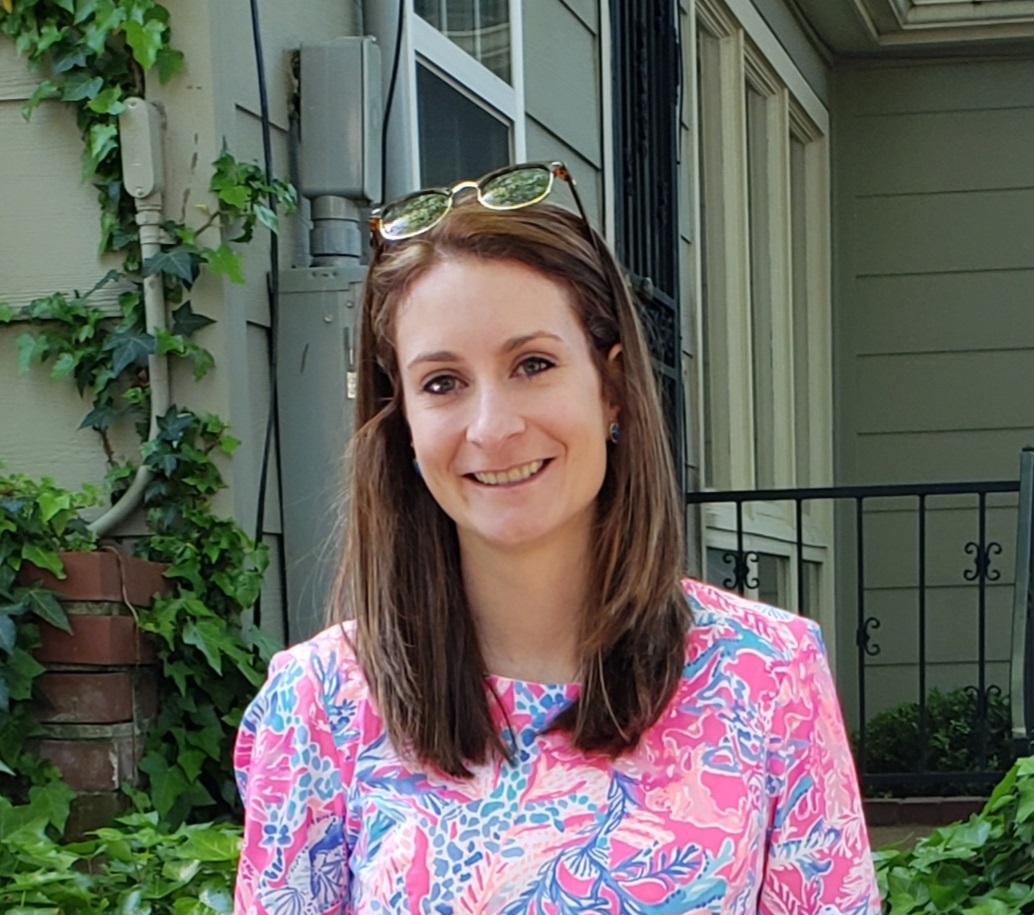- Calls to this hotline are currently being directed to Within Health, Fay or Eating Disorder Solutions
- Representatives are standing by 24/7 to help answer your questions
- All calls are confidential and HIPAA compliant
- There is no obligation or cost to call
- Eating Disorder Hope does not receive any commissions or fees dependent upon which provider you select
- Additional treatment providers are located on our directory or samhsa.gov
Transitional Living Helps Increase Chances of Recovery

Contributor: Sheridan Wessel, LPC/MHSP, NCC – Therapist at Fairhaven Treatment Center
Fairhaven Treatment Center has the opportunity to treat clients from all parts of the country. After residential treatment is no longer indicated, clients benefit from gaining independence with meal planning, going grocery shopping, and all the other tasks that support a complete recovery. This is where transitional living helps in continuing recovery.
Fairhaven provides this type of supportive environment through transitional living. Transitional living offers exactly what the name suggests, an opportunity to transition from residential to lower levels of care, including our partial hospital and intensive outpatient program.
The three houses that are part of the Fairhaven Transitional living community could more accurately be described as homes. Up to four clients live together in the furnished homes sharing the struggles and victories of the recovery journey.
As with any family, there are rules and responsibilities, but there are also shared experiences. Many of our clients learn to experience life free of the eating disorder for the first time during the transitional living experience.
While the experience provides a great deal of independence, the convenience of having the outpatient treatment facility literally “across the street” increases treatment compliance and creates a feeling of safety. Clients work together to provide a personalized living space and a peer support system to navigate successes and setbacks.
At times, clients will directly admit into our transitional living environment as PHP or IOP depending on the appropriate level of care. This allows local clients to take a break from an environment that has perpetuated the eating disorder during their eating disorder treatment. Clients from all over the country and the mid-south enjoy getting to know one another, often sharing different social and cultural backgrounds.
 As we know, eating disorders are some of the most notoriously resistant mental health conditions to treat. PHP and IOP programs have increased the success of patients who are being discharged from residential treatment programs, but challenges for long term success remain (1).
As we know, eating disorders are some of the most notoriously resistant mental health conditions to treat. PHP and IOP programs have increased the success of patients who are being discharged from residential treatment programs, but challenges for long term success remain (1).
As providers who admit patients into these programs, it is important to know which clients are most prone to treatment failures. Recent research demonstrates how clinical, demographic, and predominant symptoms influence PHP/IOP treatment outcomes.
The research was completed using a large group of patients whose information was recorded and then contrasted with their success or failure. Reassuringly, PHP/IOP improved treatment outcomes overall (1). Transitional living at Fairhaven allows our clients the chance to attend PHP/IOP, which in turn increase a client’s likelihood of recovery.
Resource:
1. Hayes, N. A., Welty, L. J., Slesinger, N., & Washburn, J. J. (2018). Moderators of treatment outcomes in a partial hospitalization and intensive outpatient program for eating disorders. Eating Disorders, 27(3), 305-320.
About the Author:
 Sheridan Wessel, LPC/MHSP, NCC
Sheridan Wessel, LPC/MHSP, NCC
Sheridan received her Bachelor of Arts from Randolph-Macon College. Additionally, she received her Master of Arts and Educational Specialist in Professional Counseling from Seton Hall University.
She is a Nationally Certified Counselor and a Licensed Professional Counselor with a mental health specialist designation.
The opinions and views of our guest contributors are shared to provide a broad perspective of eating disorders. These are not necessarily the views of Eating Disorder Hope, but an effort to offer a discussion of various issues by different concerned individuals.
We at Eating Disorder Hope understand that eating disorders result from a combination of environmental and genetic factors. If you or a loved one are suffering from an eating disorder, please know that there is hope for you, and seek immediate professional help.
Published on July 10, 2019, on EatingDisorderHope.com
Reviewed & Approved on July 10, 2019, by Jacquelyn Ekern MS, LPC

The EatingDisorderHope.com editorial team comprises experienced writers, editors, and medical reviewers specializing in eating disorders, treatment, and mental and behavioral health.

